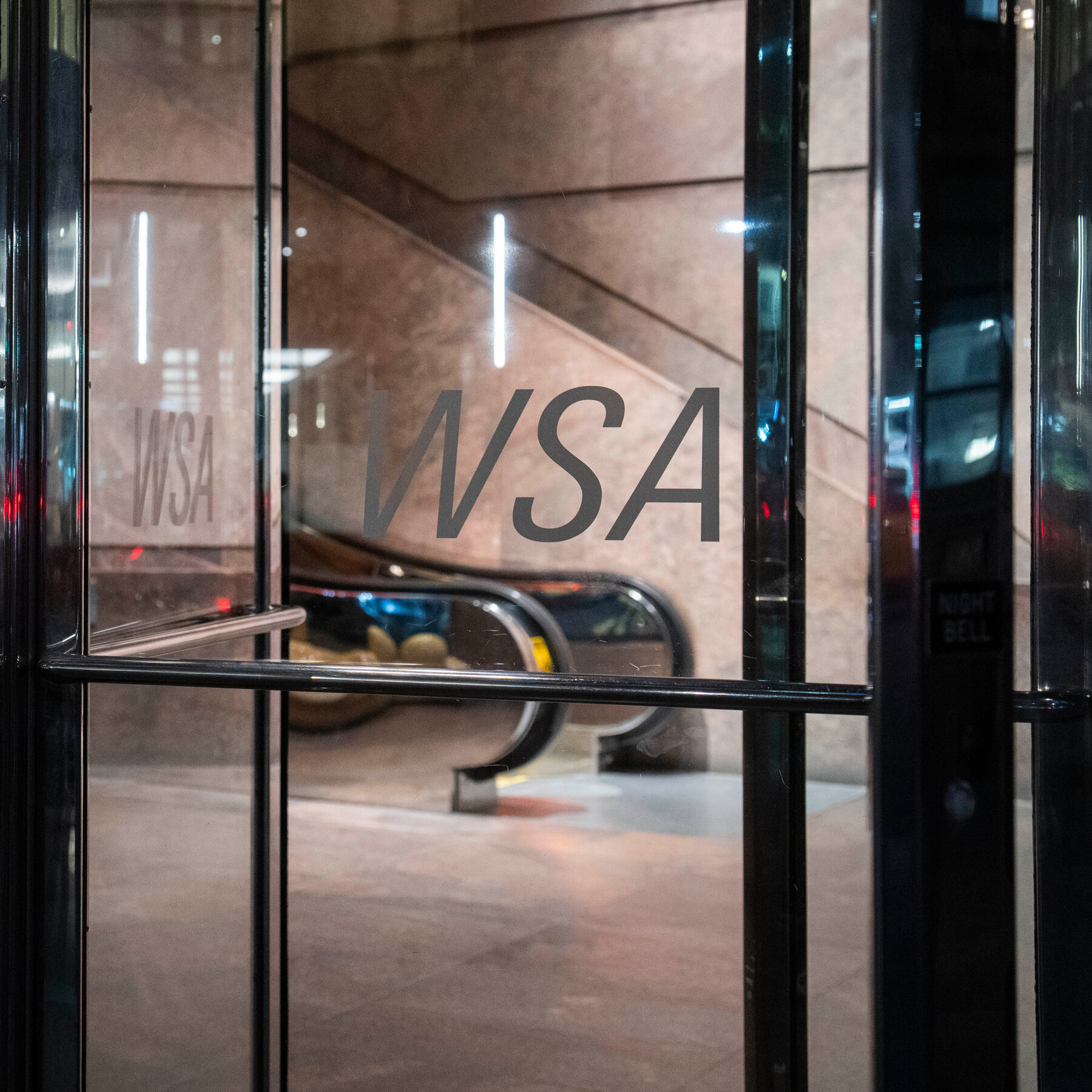The Spectator, Newspapers & magazines, GB News, Magazines, Newspapers, Media, UK news Business | The Guardian
Look for clues at the hedge fund manager’s GB News, where militant agitation trumps ratings and integrityThe most and possibly only surprising thing about hedge fund manager Paul Marshall’s purchase of the Spectator was the anguished public resignation of the magazine’s chair, Andrew Neil – not the fact of it, more his rationale. Neil voiced outrage in a statement on X that the sale became necessary in the first place, the title having gone, in his account, from a £20m valuation two decades ago to receivership, after the “proprietors had used us as collateral for massive debts unrelated to us (without ever telling us). They then failed to pay these debts.”This is a rather familiar story of the late-capitalist privatisation model. For instance, it’s how Thames Water went from zero debt in 1989 to more than £15bn today. To be fair to the Spectator, the publication hasn’t been a straightforward cheerleader for these kinds of financial wheezes, and some of its writers vocally hate what corporations get away with; but it’s surprising to hear this great supporter of the free market so amazed that the scorpion actually stung him. Continue reading…
Look for clues at the hedge fund manager’s GB News, where militant agitation trumps ratings and integrity
The most and possibly only surprising thing about hedge fund manager Paul Marshall’s purchase of the Spectator was the anguished public resignation of the magazine’s chair, Andrew Neil – not the fact of it, more his rationale. Neil voiced outrage in a statement on X that the sale became necessary in the first place, the title having gone, in his account, from a £20m valuation two decades ago to receivership, after the “proprietors had used us as collateral for massive debts unrelated to us (without ever telling us). They then failed to pay these debts.”
This is a rather familiar story of the late-capitalist privatisation model. For instance, it’s how Thames Water went from zero debt in 1989 to more than £15bn today. To be fair to the Spectator, the publication hasn’t been a straightforward cheerleader for these kinds of financial wheezes, and some of its writers vocally hate what corporations get away with; but it’s surprising to hear this great supporter of the free market so amazed that the scorpion actually stung him.










